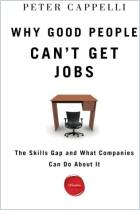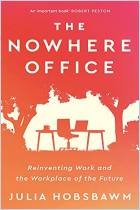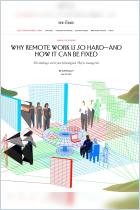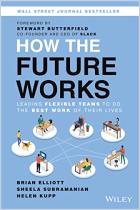Companies are deciding whether to bring staff back to the office, go fully remote or create hybrid workplaces. Peter Cappelli warns that this decision requires considering significant variables that could affect retention, productivity and corporate culture. He cites baseline and current research, and explains the trade-offs of various models. Though COVID-19 forced many firms to have only remote workers in 2020 and 2021, today every firm and employee can determine whether remote or onsite works best for them. Cappelli outlines options, risks and rewards in this robust look at the issues you must ponder to determine where your workforce – or you – should work.
Tech companies are rethinking keeping staff in the office.
New 2005 college graduates selected Google as the number one place to work because of the extras it offered. At the time, Google gave employees food and personal assistants, and it let them bring their dogs to work in order to boost retention, increase creativity and improve staff interactions. Many companies regarded similar policies as best practices until the pandemic struck.
In spring 2021, Google shifted to a hybrid work model, announcing that some employees could permanently work remotely, while others could do so part-time.
Post-pandemic, many employees want to keep working remotely, but not all employers concur. The three options available today are to return to the traditional in-person offices, shift to a fully remote workforce or create a hybrid approach. Generally, employers prefer the first option, employees the second, and the third offers a happy medium that may not fully satisfy either bosses or employees, but serves the interests of both.
The pandemic fomented monumental change. Employees proved they could be productive at home, and companies survived...





















Comment on this summary or Démarrer une discussion